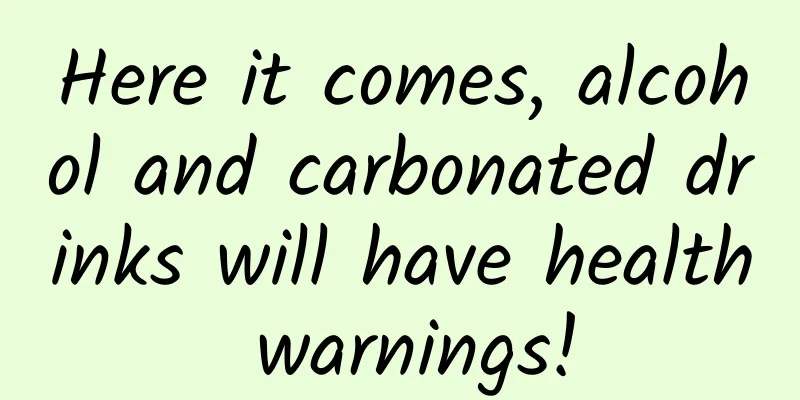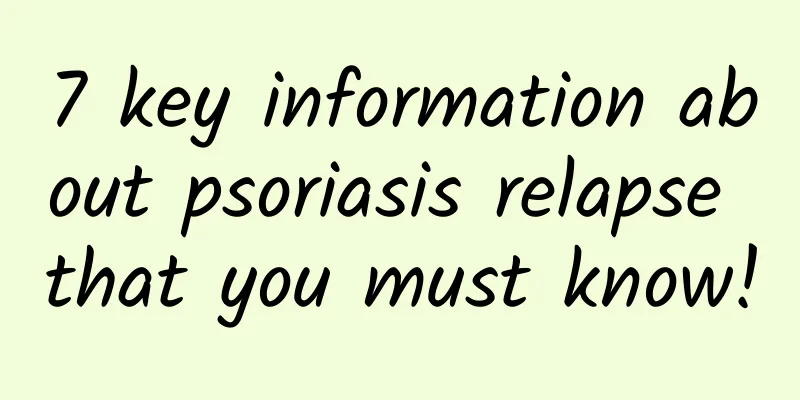Here it comes, alcohol and carbonated drinks will have health warnings!

|
In European and American movies and TV shows, you often see this kind of scene: a young person goes to a convenience store to buy beer and is asked to show his ID card. You may encounter the same scene in Shenzhen in the future. Starting from January 1 this year, the Shenzhen Health Regulations officially came into effect, which clearly stipulates that alcoholic beverages shall not be sold to minors, and violators may be fined 30,000 yuan. Shenzhen has always been a representative city that dares to take the lead. The health regulations implemented this time are remarkable, and most citizens expressed their support when interviewed by the media. However, there are also some unscientific and unreasonable aspects, such as the regulations on carbonated beverages. Article 47 of the regulations: Sellers of alcoholic beverages and carbonated beverages shall place health hazard warning signs that meet the standards on the shelves or counters. The reason is simple. "Carbonated drinks" are obviously the wrong target. The people who make the policy may hate cola, but they confuse sugary drinks with carbonated drinks. What are the health hazards of soda water? What are the health hazards of fruity sparkling water? What are the health hazards of salty soda? Even cola has sugar-free. How can this be implemented with such an obvious logical error? There is also a sentence in the regulations that the Shenzhen Municipal Health and Health Department shall formulate the standards for relevant health damage warning signs. I thought the logical error was irreversible, but I didn't expect the Shenzhen Health Commission to bite the bullet and change it. The recently released "Shenzhen Alcoholic Beverage Carbonated Beverage Health Warning Label Production Standard and Setting Specification (Trial)" did not mention "carbonated beverages" at all, only using a soda bottle in the label to hint at it, and the main content returned to the nutritional concepts of "sugar-containing beverages" and "added sugar". I think this "irrelevant" is the wisest move that conforms to scientific reality. These tips are basically from the Chinese Dietary Guidelines and the World Health Organization's documents, but if we are a little picky, some parts of the labels released this time may need to be improved. For example, the statement "Do not use beverages to replace drinking water" is not rigorous enough, because bottled drinking water is also a beverage (there is no problem with the English); the English translation of "Children and adolescents should not drink or drink less sugary drinks" has grammatical errors; >5 grams/100mL is ambiguous, etc. Of course, health regulations have positive significance in limiting the consumption of sugary drinks, but the actual effect still needs to be observed and studied. I estimate that other cities will follow Shenzhen's example in the future. I just hope that policymakers can listen more to the opinions and suggestions of the professional community and not make any more jokes. The management of nutrition and health is completely different from the management of food safety. The government's baton is not that sensitive. Consumer education has a long way to go and behavioral intervention is a long and arduous journey. |
<<: What are the benefits of eating kelp? What kind of kelp is good to choose?
Recommend
Why does nipple pain occur during pregnancy? Let you know the real situation
Some women will experience obvious pain in their ...
Can pregnant women enjoy natural breeze?
After giving birth, there are many things to pay ...
Picture of a boy in seven months of pregnancy
The reactions of pregnant women after pregnancy w...
It is the best health food in summer! It is not watermelon or grapes, and eating more can prevent cancer!
Author: Fluent Although today's showers have ...
What are the acupuncture points for treating irregular menstruation?
After girls have their period, they often experie...
How long after a miscarriage can I have my hair done?
It is best for women not to do their hair immedia...
Can I have sex during ovulation bleeding?
Ovulation bleeding is normal and occurs when the ...
Does Chao Zhi An have any effect on amenorrhea?
The uterus and ovaries are the root of the female...
Does brown sugar ginger water make your breasts bigger?
Does ginger water made with brown sugar have the ...
How to pay attention to women's big neck disease
If female friends suffer from goiter, they tend t...
What is the difference between fruit flies and houseflies (different in size, damage and species)
...
What should women eat to help them get pregnant?
Many women feel that the process of preparing for...
Can medroxyprogesterone acetate tablets delay menstruation?
Menstruation refers to the phenomenon that tissue...
Is it pregnancy if there is a lot of leucorrhea with a strange smell?
Increased vaginal discharge with an odor does not...
When is the beginning of summer in 2020? What are the traditional customs of the beginning of summer in 2020?
The Beginning of Summer is the seventh of the 24 ...



![[Dengue Fever Prevention and Control] As the temperature rises, insect eggs begin to hatch, so mosquito prevention and control must be timely!](/upload/images/67efe5eccfa25.webp)





